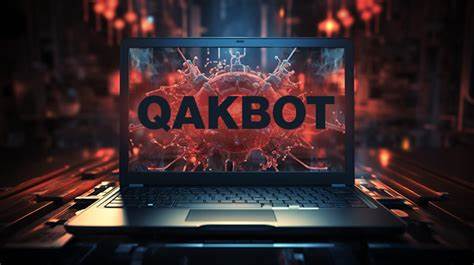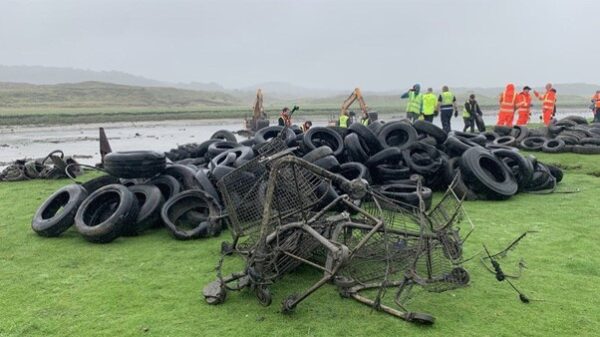The US Supreme Court has blocked a bankruptcy deal for Purdue Pharma that would have shielded members of the Sackler family from future lawsuits over their role in fuelling the opioid crisis.
The Sacklers, who owned and operated the Oxycontin-maker for decades, had agreed to pay $6bn (£4.7bn) toward a wider settlement in exchange for sweeping protections against civil claims related to the addictive opioid.
But the nation’s top court ruled that granting such protections to those who did not themselves declare bankruptcy was not authorised under bankruptcy law.
It is a victory for the US government, which had challenged the deal, arguing that releasing the Sacklers was a misuse of the system.
In the 5-4 opinion, Justice Neil Gorsuch said the ruling was a narrow one and referred the case back to lower courts.
But it raises significant questions about the future of the settlement deal, which had won significant, if mixed, support from many who sued the company and saw it as the only practical way to reach the family’s billions for drug treatment and other uses.
Purdue became a household name in the US as the maker and promoter of OxyContin – a prescription painkiller it promoted as safe, despite being aware it was both highly addictive and widely abused.
The kind of shield granted to the Sacklers has been a critical feature of other high-profile settlements, including those involving Boy Scouts of America and the Catholic Church.
But courts have been divided as to whether such “releases” from liability for third parties like the Sacklers, who did not themselves declare bankruptcy, are actually permitted.
In asking the Supreme Court to take up the issue, lawyers for the US government said letting it stand “would leave in place a roadmap for wealthy corporations and individuals to misuse the bankruptcy system” and escape accountability.
The decision means a return to negotiations.
“It’s going to be a complete nightmare,” said Cheryl Juaire, the mother of two sons who died of opioid overdoses, who helped negotiate the deal as a member of the creditors’ committee.
Oxycontin, often an entryway into harder drugs, such as heroin, has been blamed for driving the opioid crisis.
Since 1999, a few years after the drug became available, deaths from opioid overdoses have surged eightfold to more than 80,000 annually.
Purdue declared bankruptcy in 2019, after it was hit by thousands of lawsuits brought by states, cities and families. It later pleaded guilty to criminal charges, including defrauding health agencies and making illegal payments to doctors.
Court filings allege the Sackler family was long aware of the legal risks, and withdrew some $11bn from the company in the decade before its bankruptcy. They stashed much of the money overseas, making recovery difficult.
When the Supreme Court heard arguments last year, dozens of protesters opposing the deal showed up, holding signs such as “my dead son does not release the Sacklers”.
But many others have backed the deal, willing to accept the terms if the result was billions of dollars for treatment, as well as $750m that would go directly to opioid victims, estimated at $3,500-$48,000 each.












































